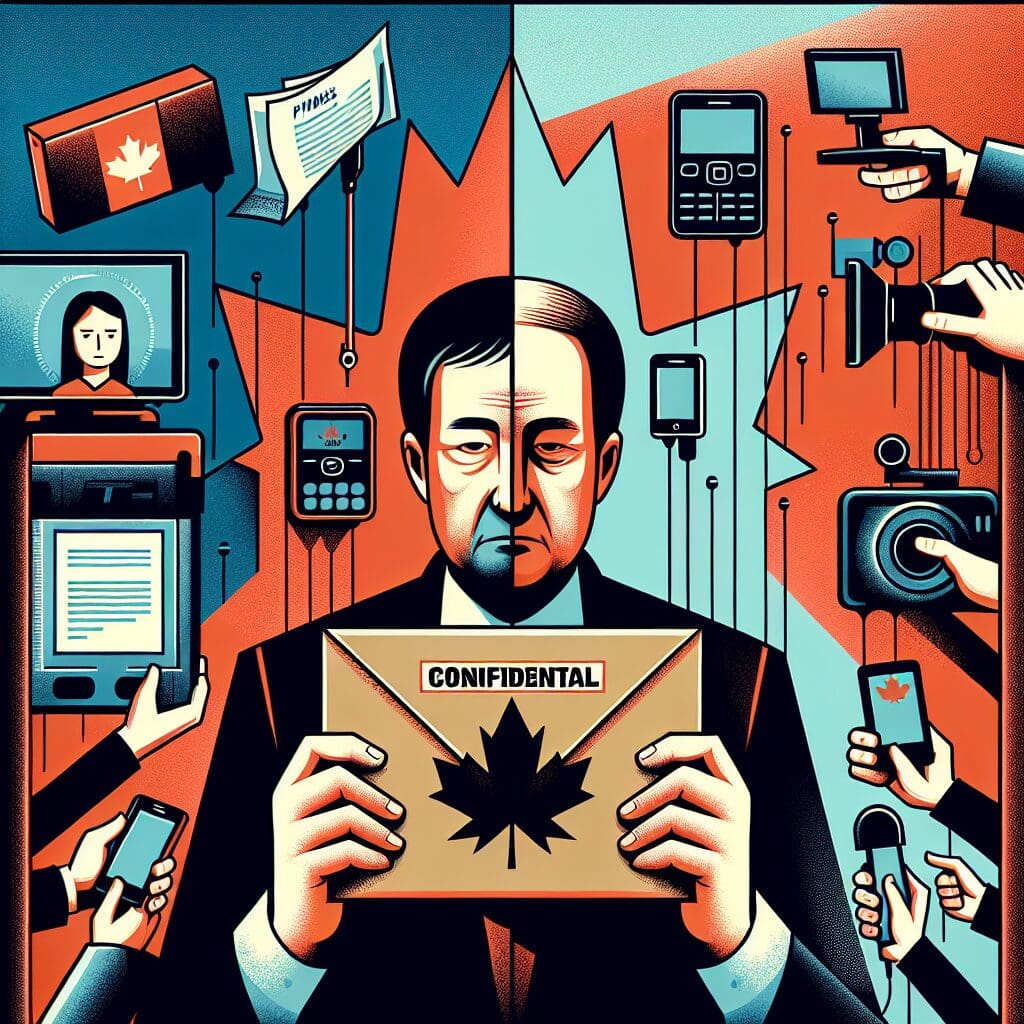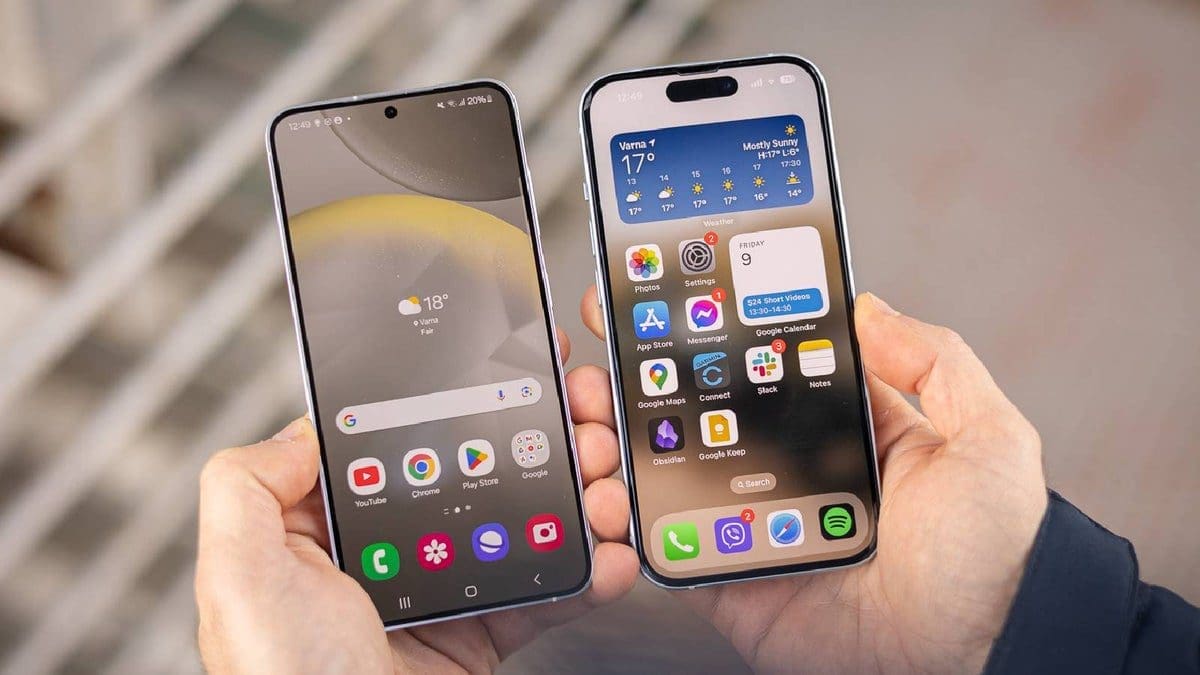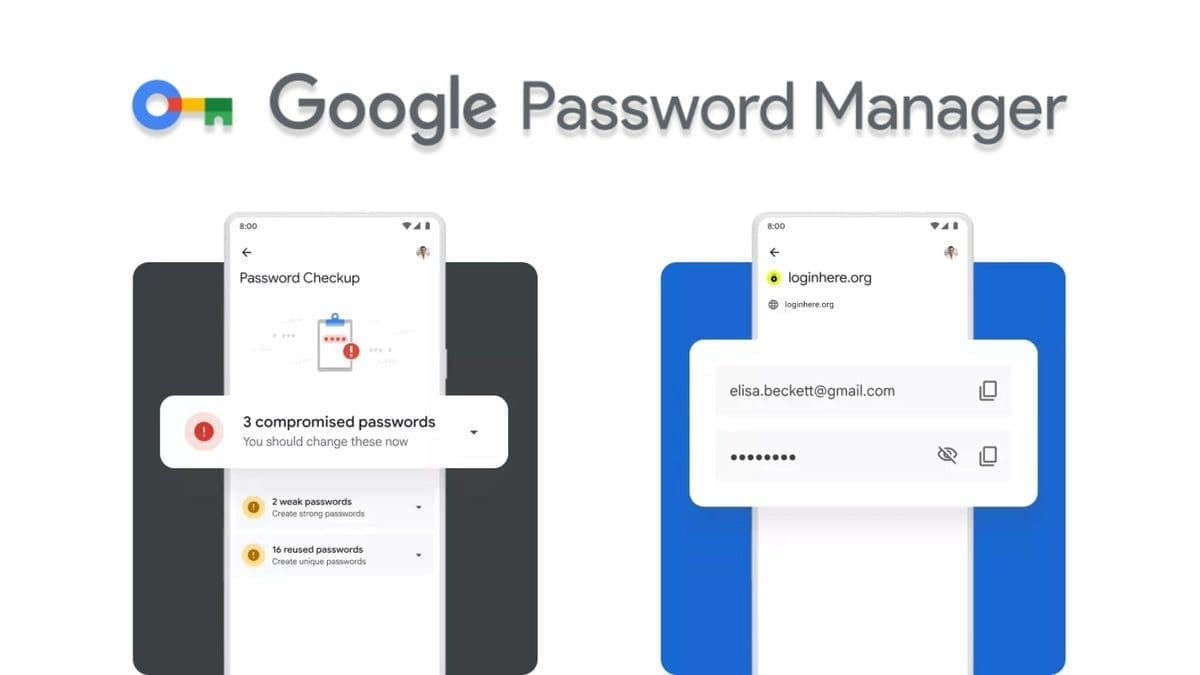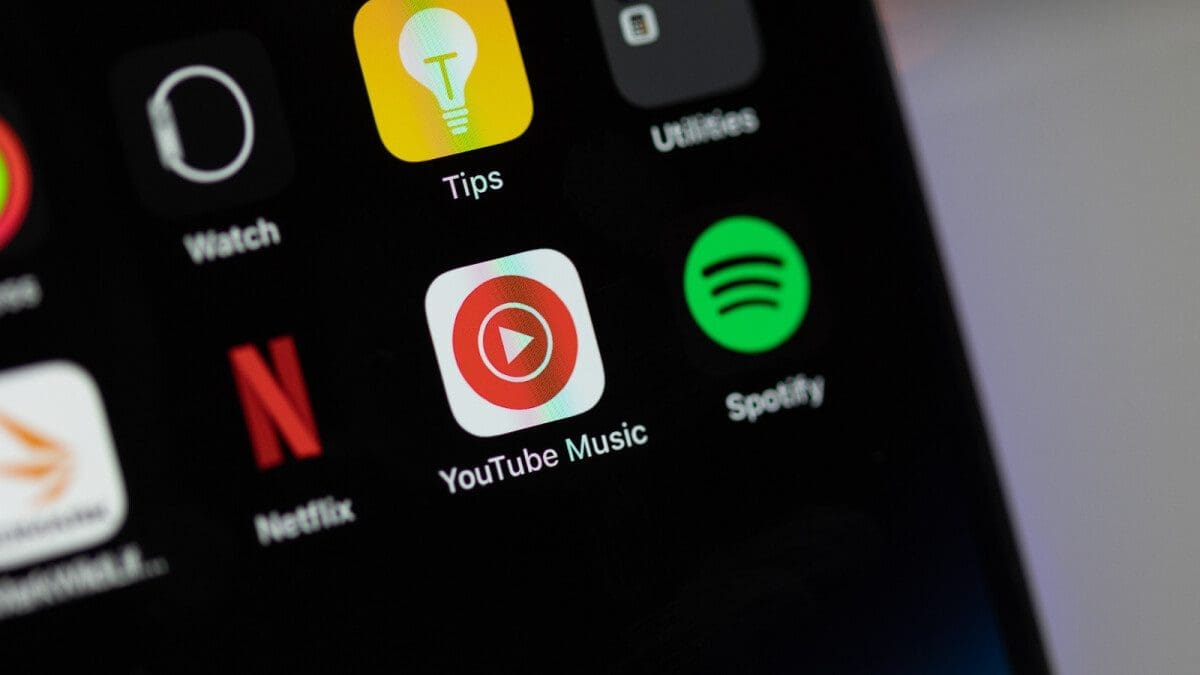Apple recently made headlines by filing a lawsuit against former employee Andrew Aude for allegedly sharing confidential company information with external parties, including journalists. The case accuses Aude of breaching his Intellectual Property Agreement with Apple and engaging in other serious misconduct.
According to Apple’s filing, Aude disclosed highly sensitive information about Apple’s business practices, internal policies, and unreleased products to employees at other technology companies and at least three national journalists. These leaks spanned over a five-year period and included unauthorized disclosures of “top secret” information.
One particularly damaging piece of evidence against Aude is his extensive communication with a journalist from The Wall Street Journal through an encrypted messaging app. This interaction resulted in a published story about Apple’s upcoming Journaling app, confirming the validity of Aude’s leaks.
Apple’s lawsuit highlights Aude’s deliberate actions to violate his obligations to the company, including efforts to delete evidence from his device during an internal investigation. Despite Apple’s attempts to resolve the matter amicably, Aude did not commit to cooperation.
The lawsuit aims not only to prevent further disclosures by Aude but also seeks remedies for the alleged damages caused by his actions. Apple is requesting injunctive relief, damages, punitive damages, and disgorgement of bonuses and stock units received by Aude during his employment.
This legal action underscores Apple’s commitment to protecting its confidential information and preventing unauthorized leaks that could impact new product launches. By holding former employees accountable for breaches of confidentiality agreements, Apple aims to maintain the element of surprise for its upcoming releases while safeguarding its intellectual property.










